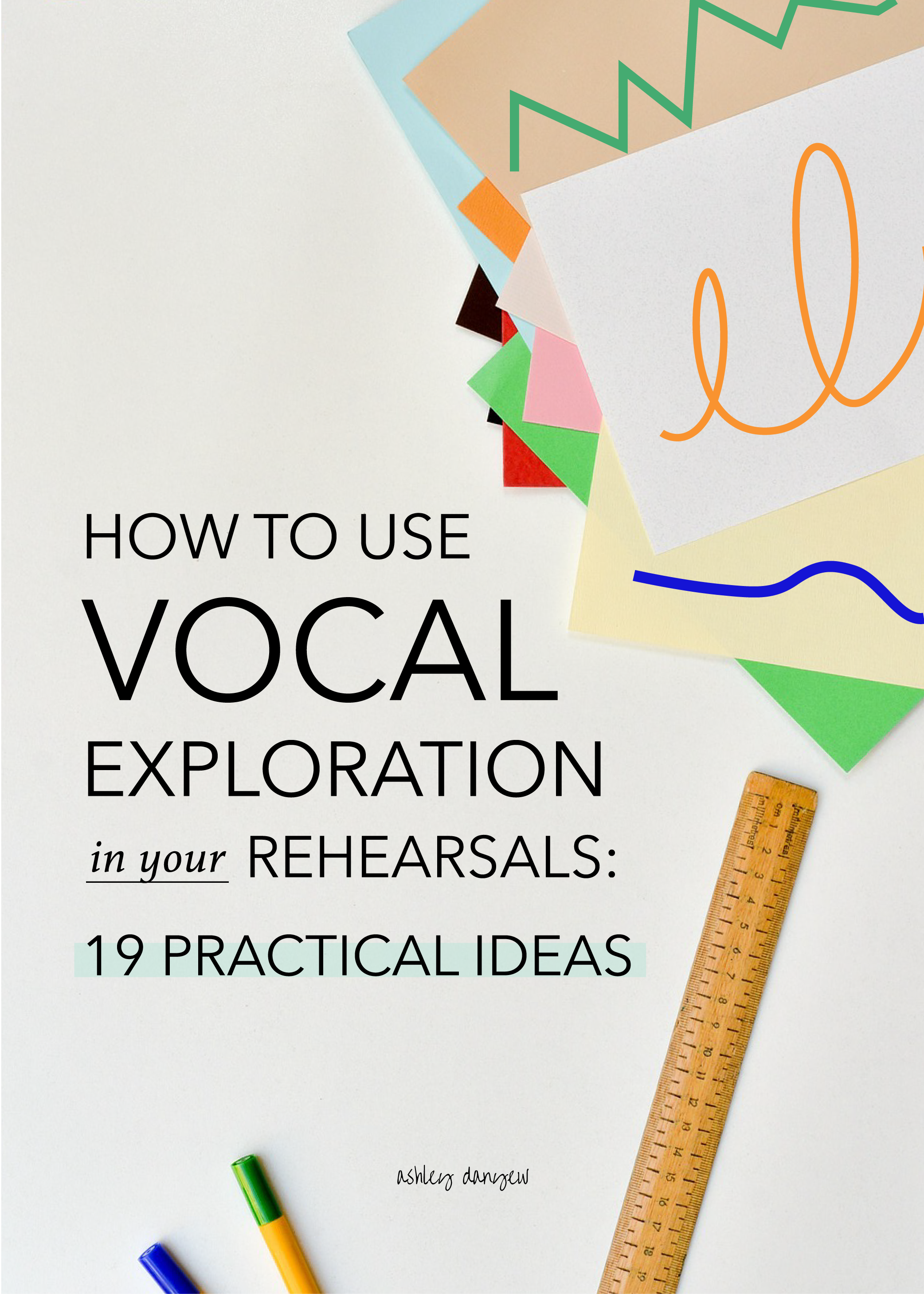You know those things you’ve heard that seem true? I mean, they sound plausible. Plus, if enough people say it, it must be true, right?
Before long, we find ourselves buying into the hype, retelling the story, believing something we’ve heard without stopping to ask questions.
This is how myths begin.
Sometimes, there’s simply a lack of information—nothing to disprove this theory or that idea. Other times, they sound good on paper but are only surface-level with no substance to back them up.
Whatever the case may be, we’ve all encountered myths (big and small) in various parts of our lives.
But have you ever stopped to think about myths related to teaching and learning? What stories are being told out there that affect our work and how we approach things? What’s being shared as fact when there isn’t research to back it up?

















